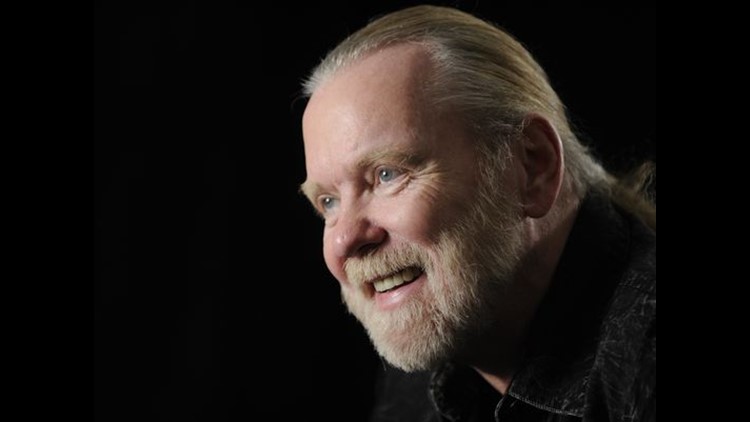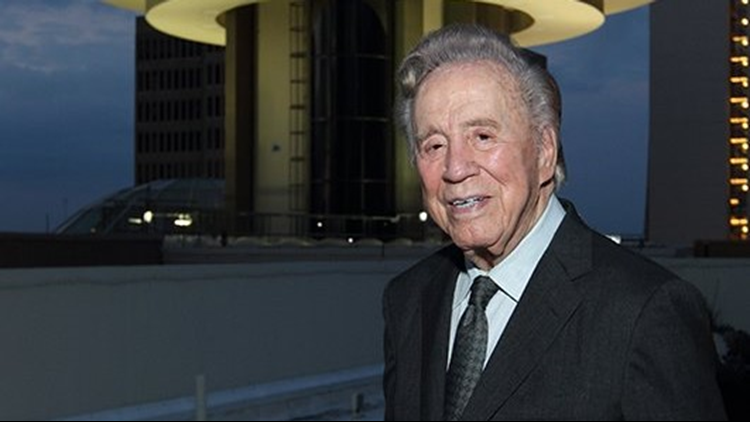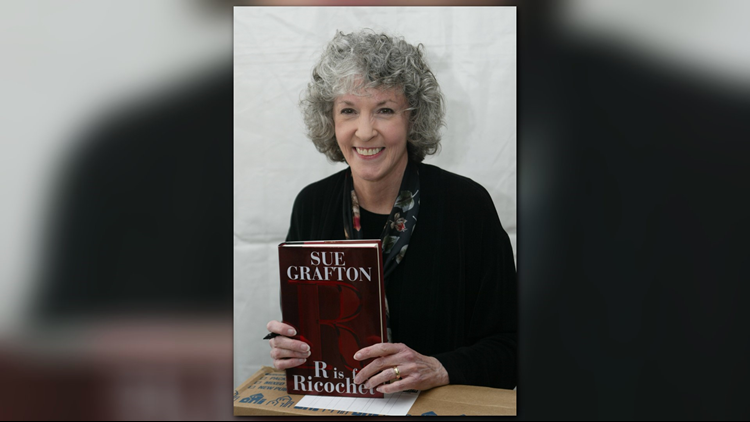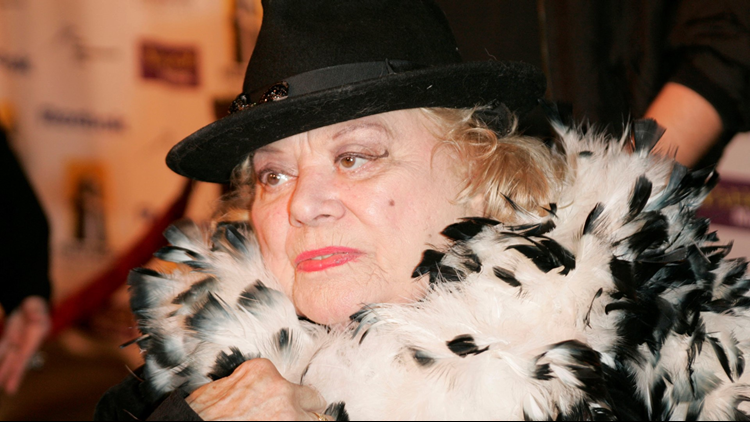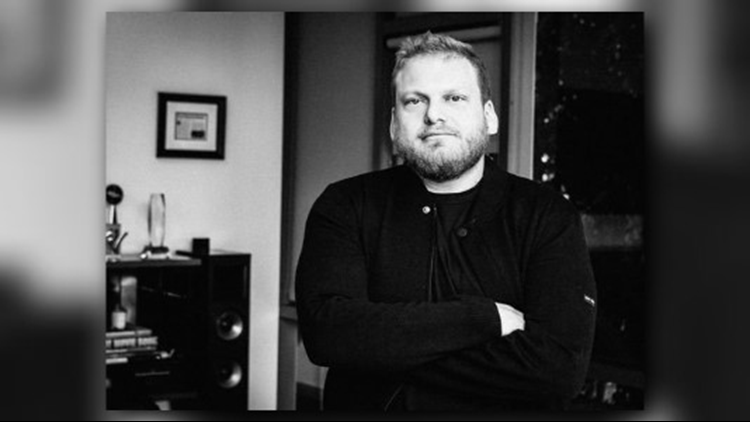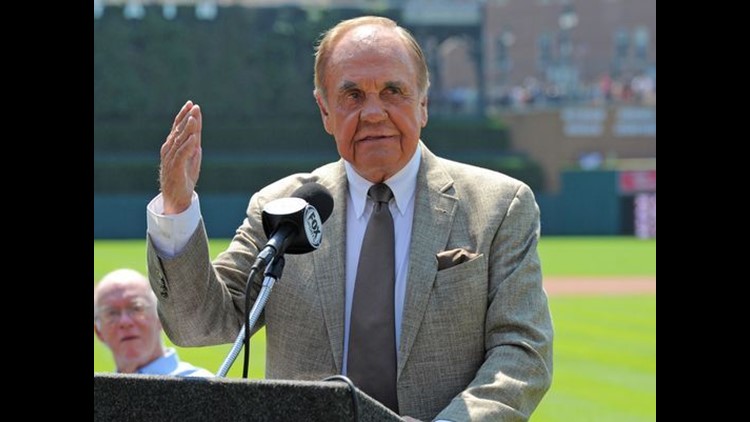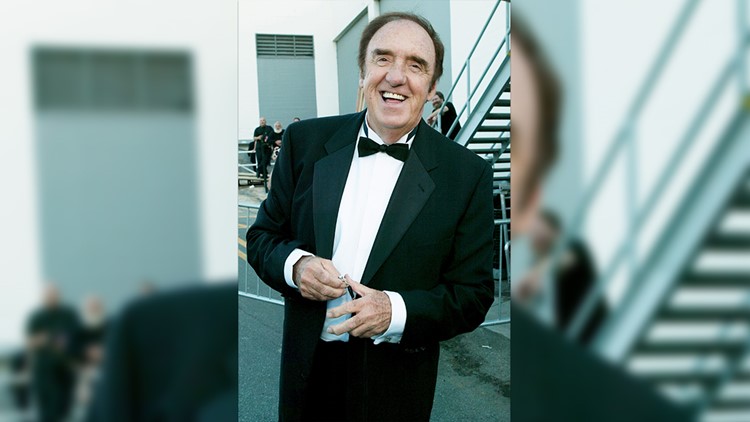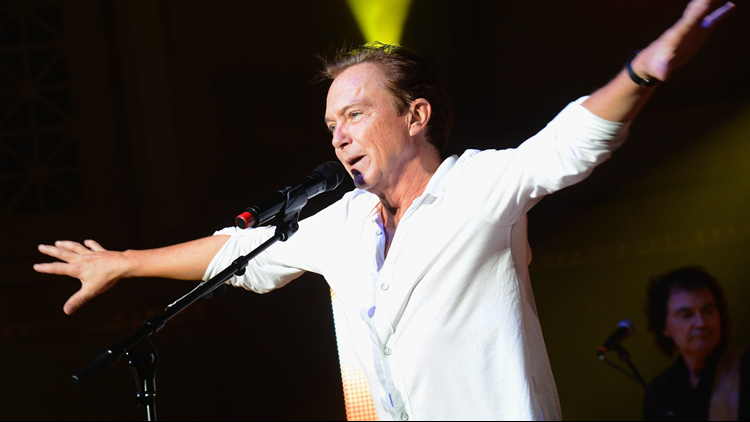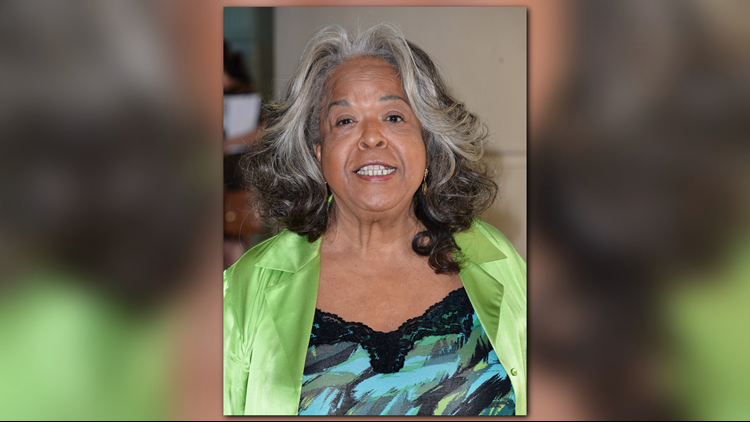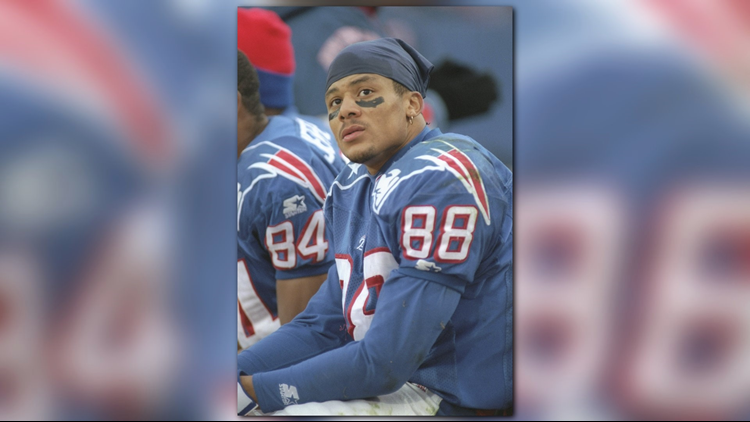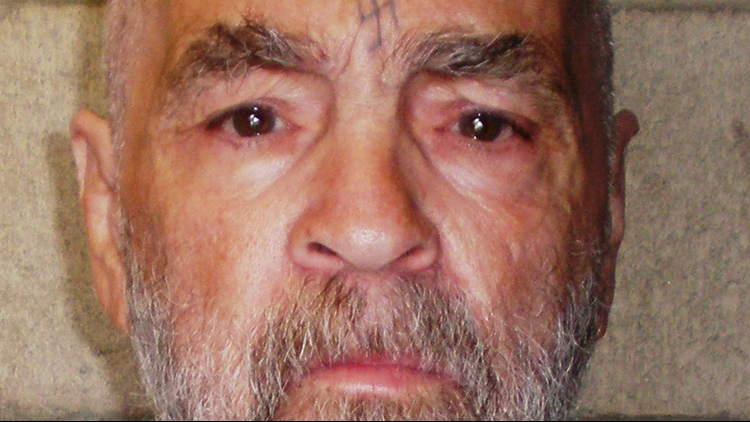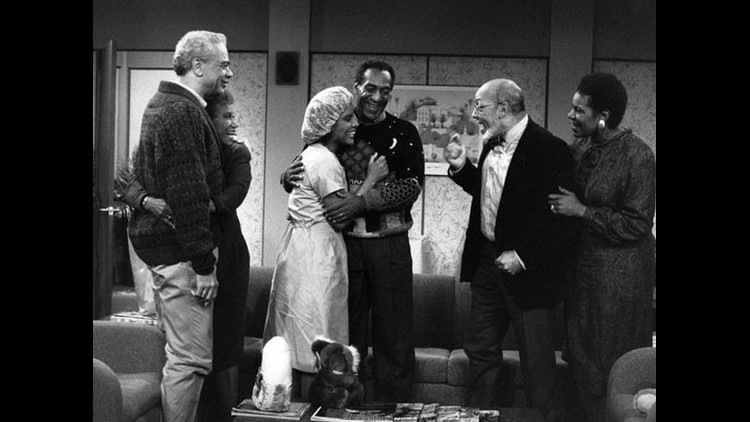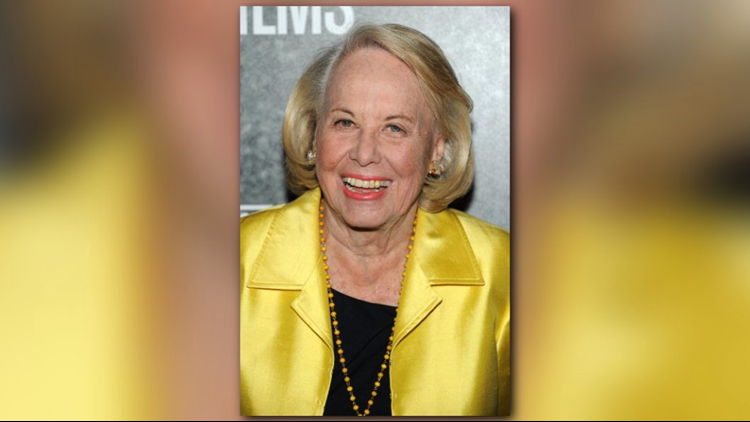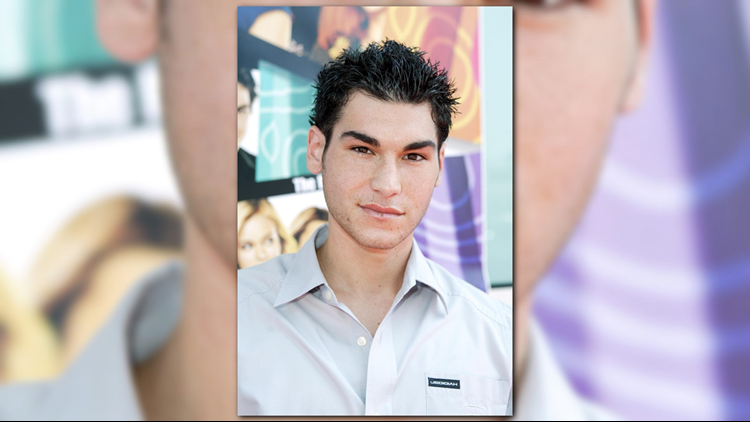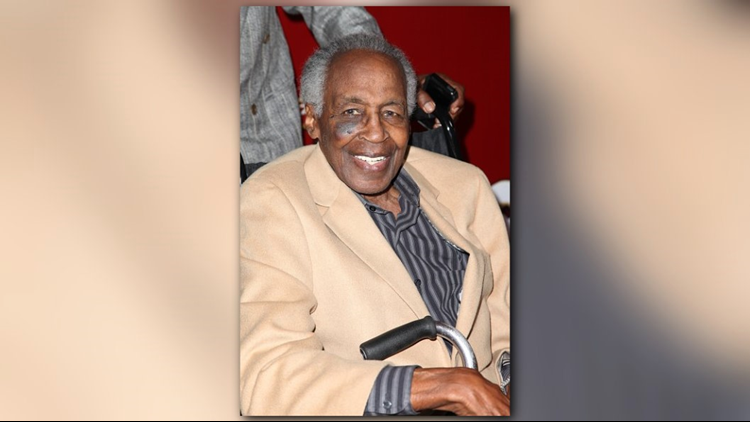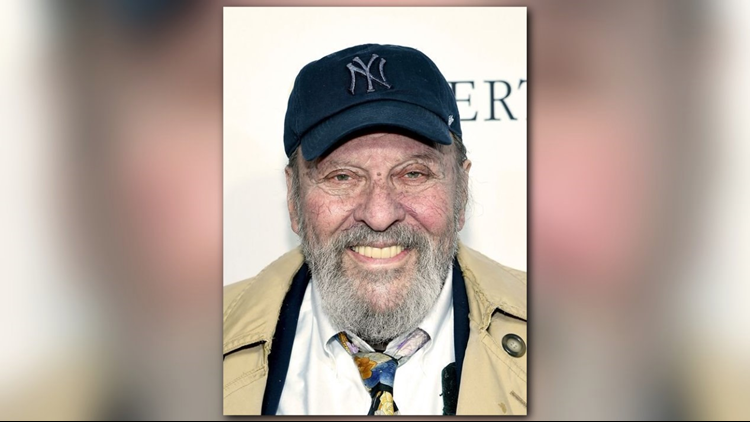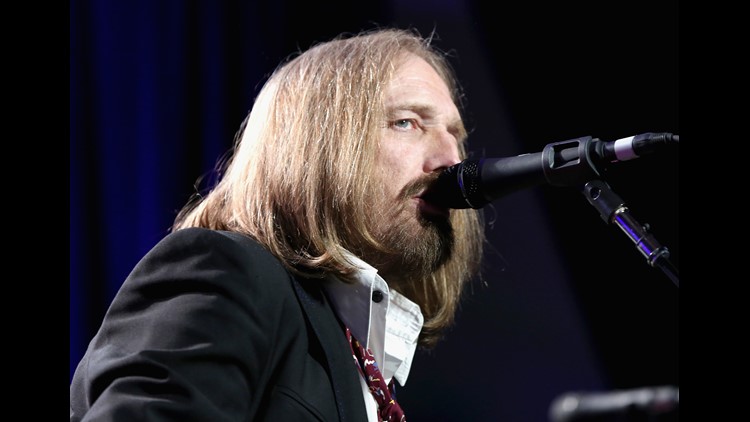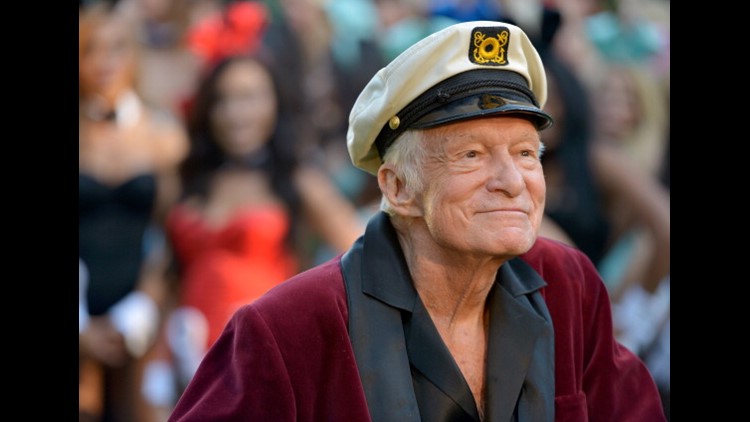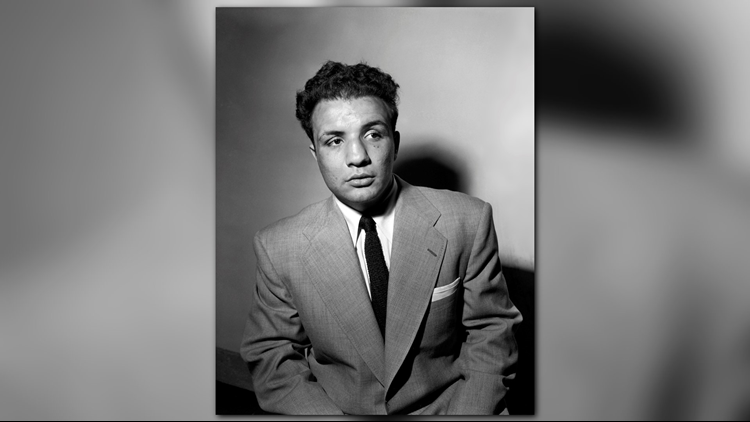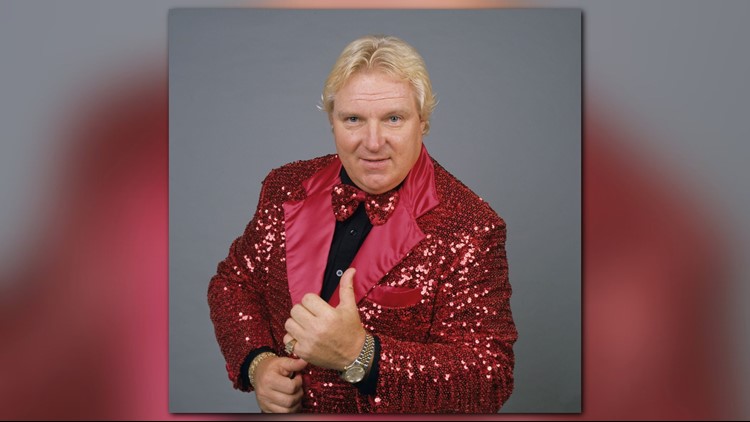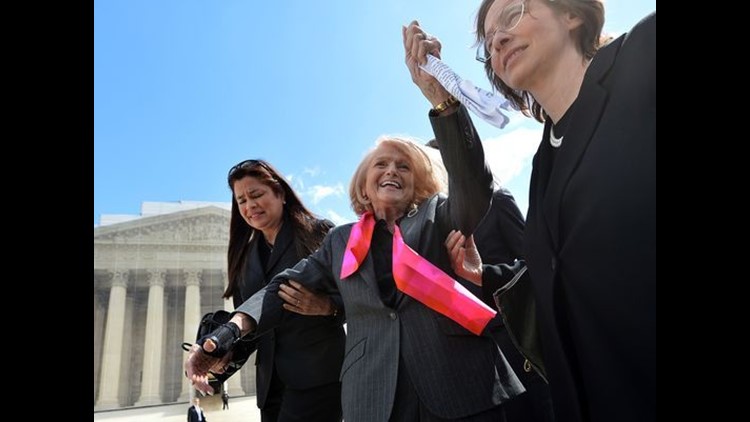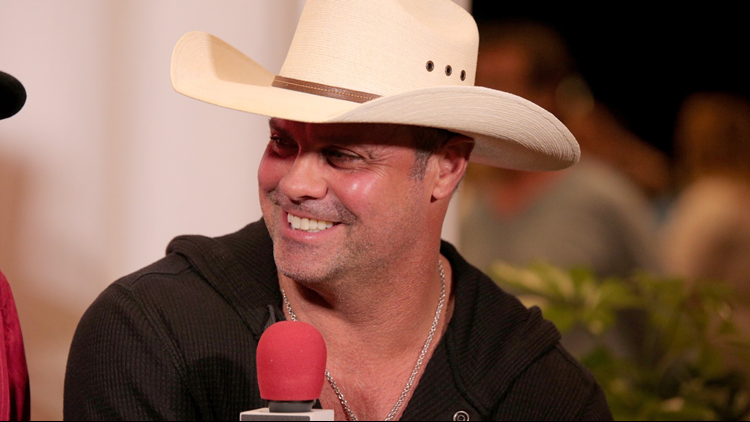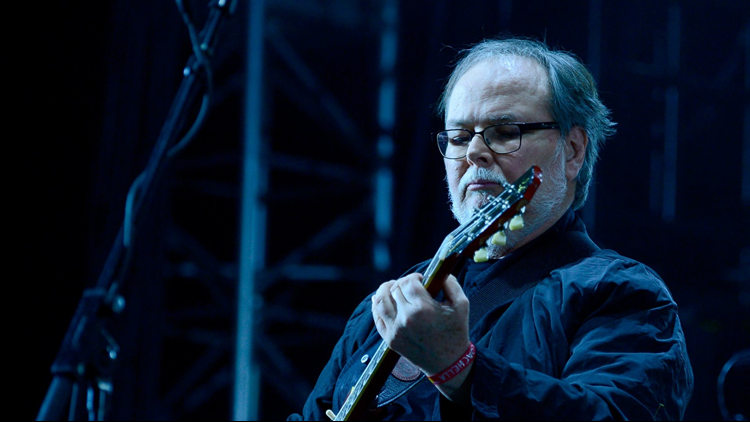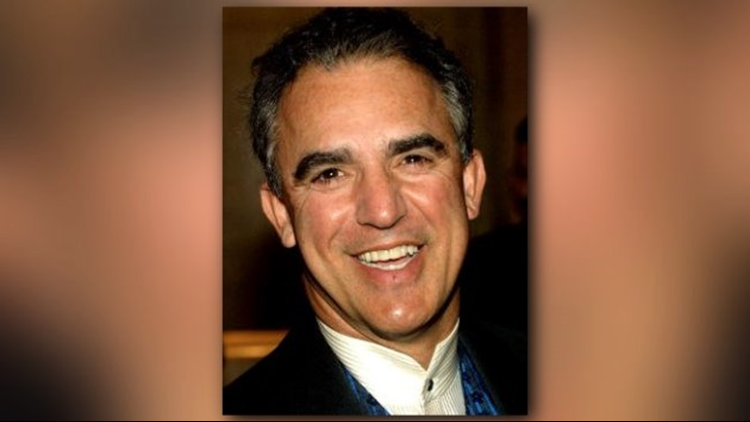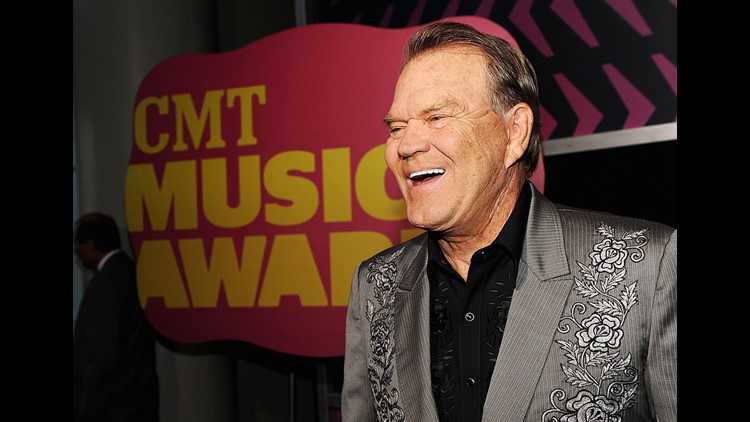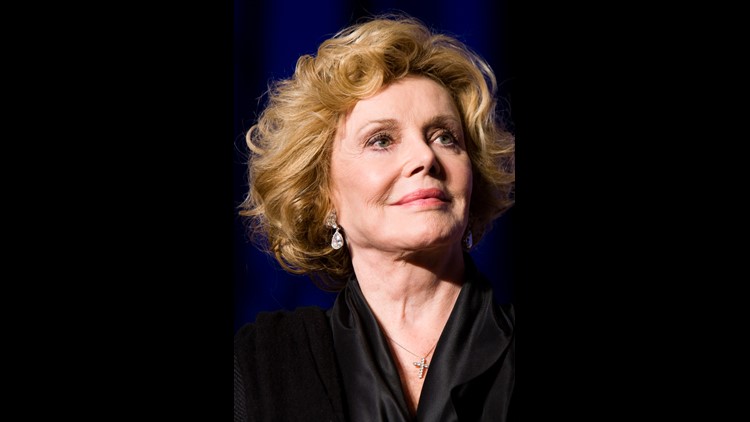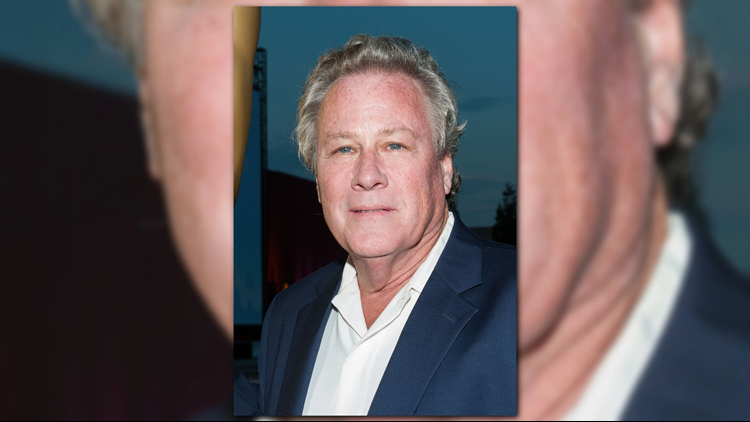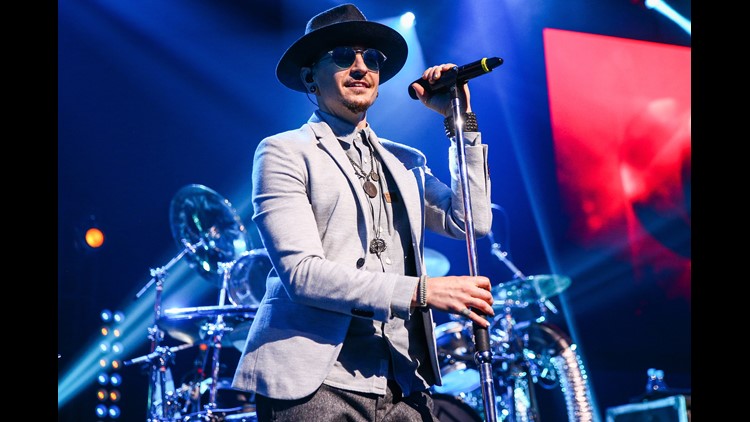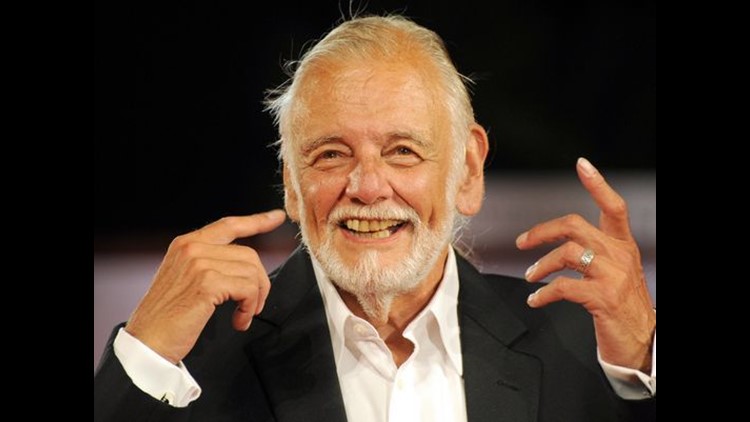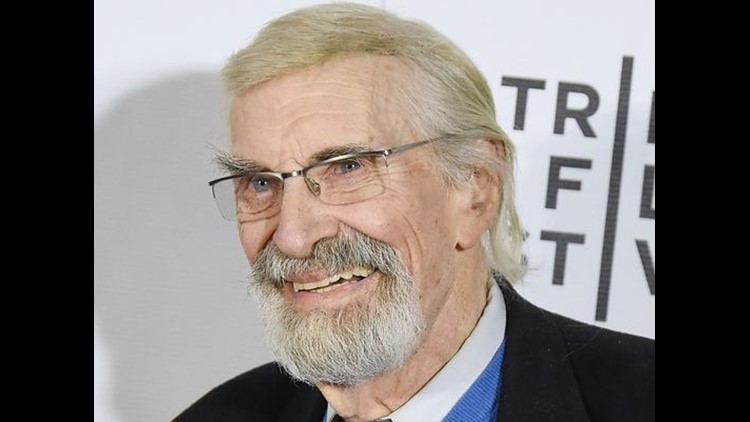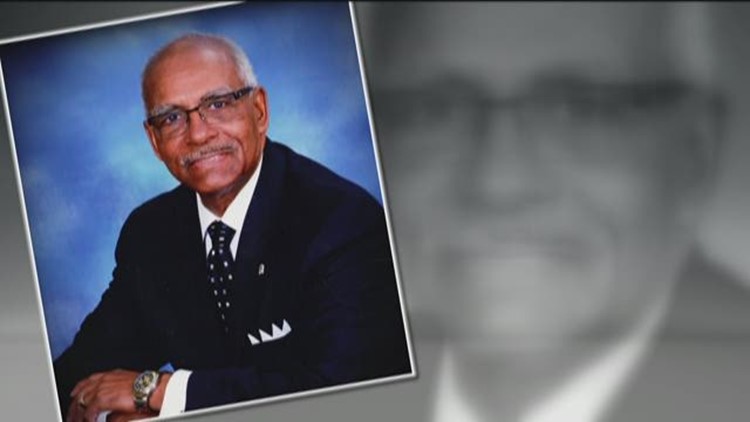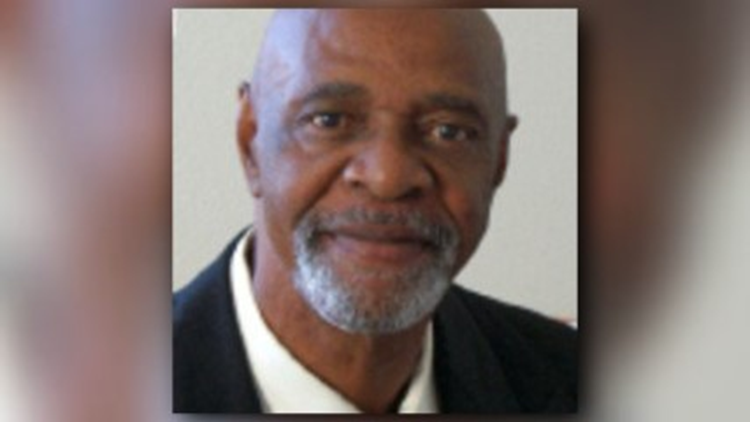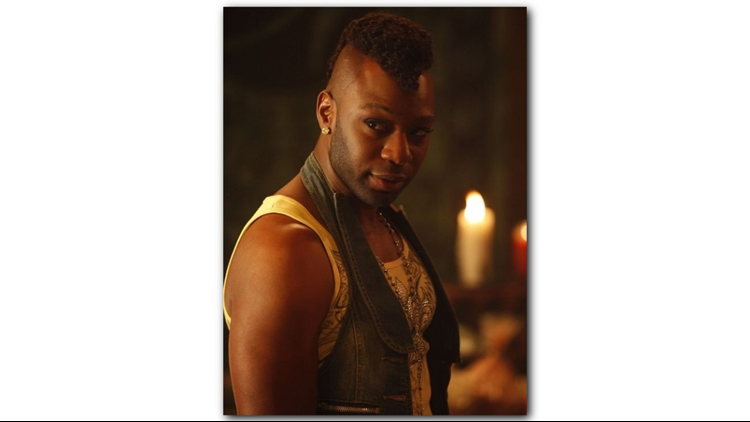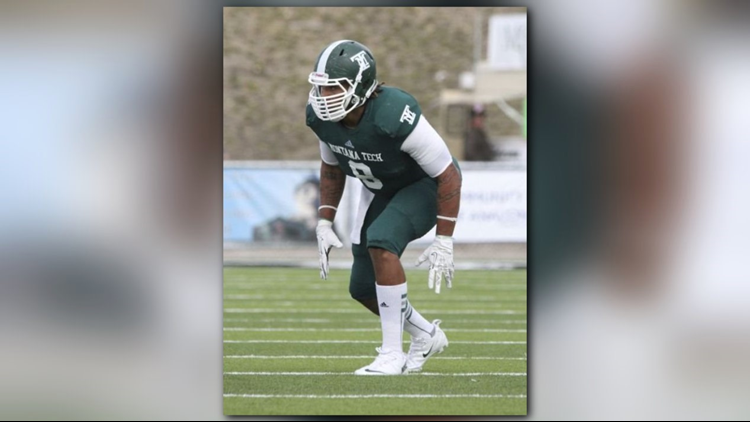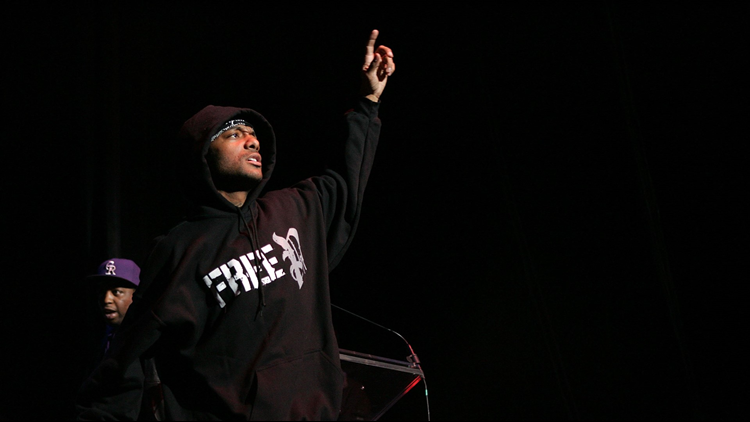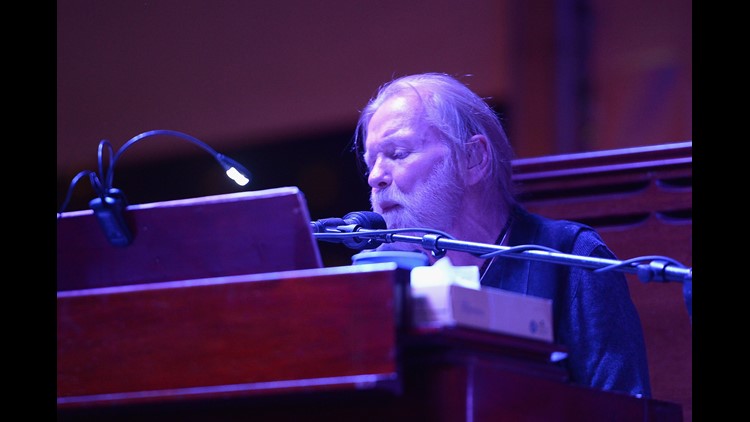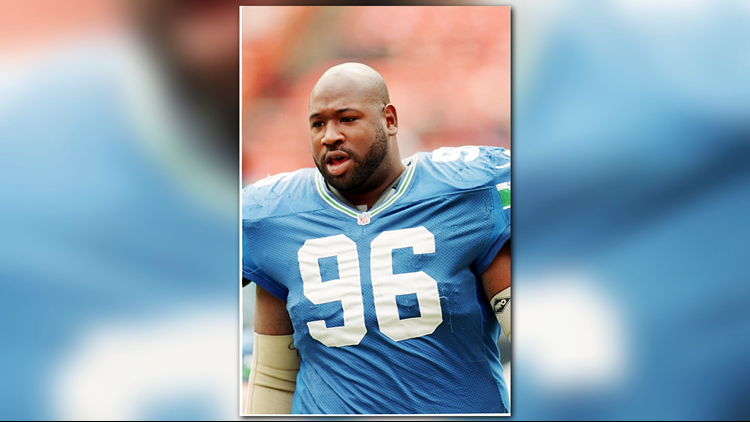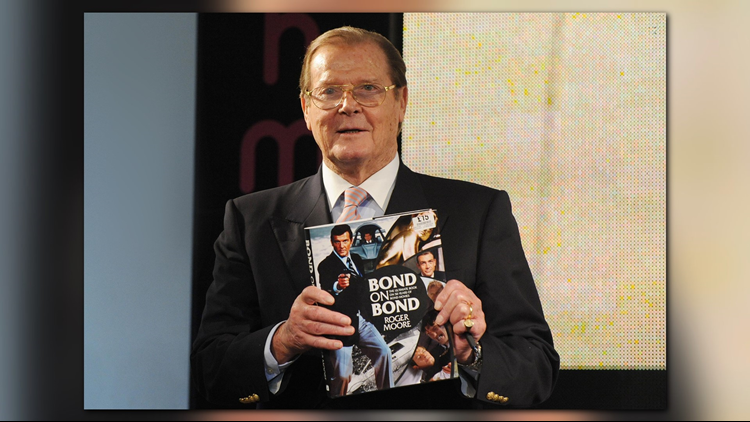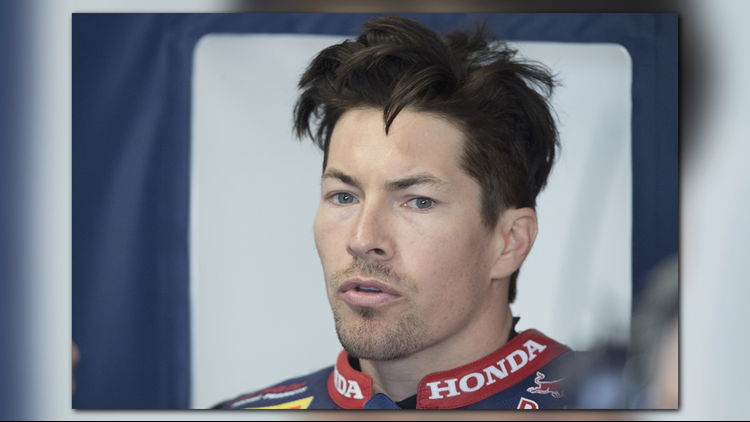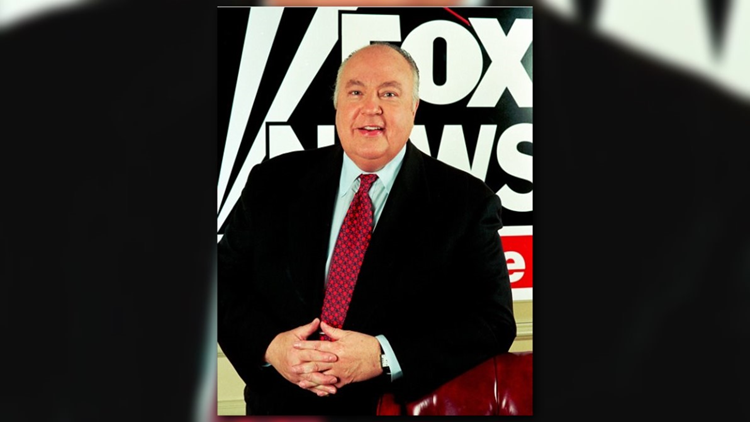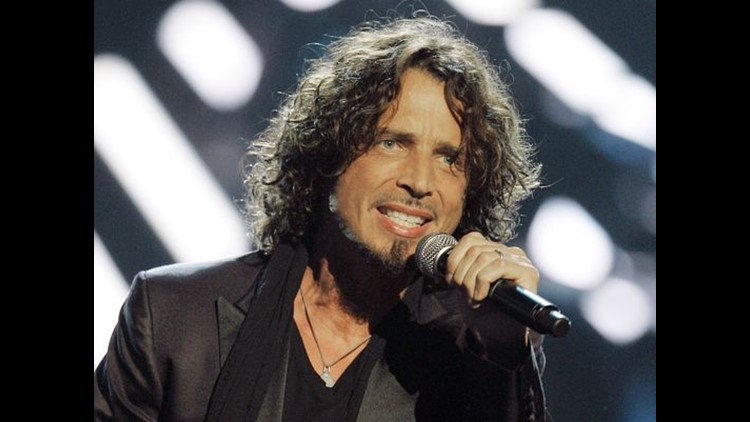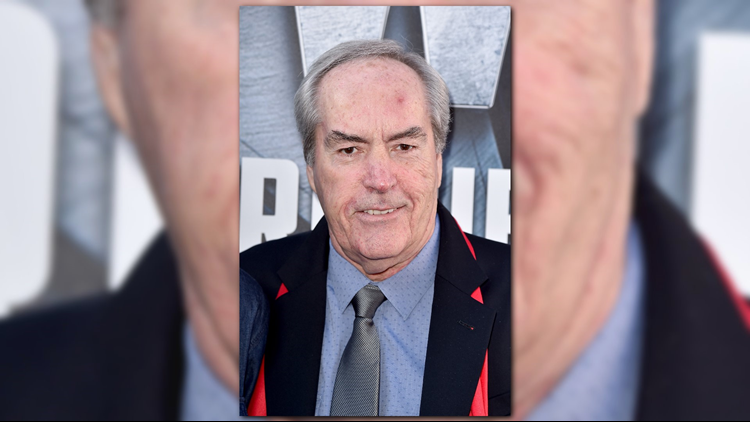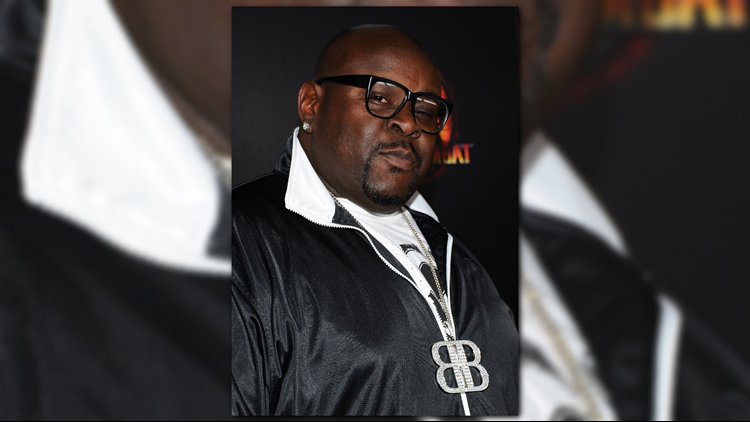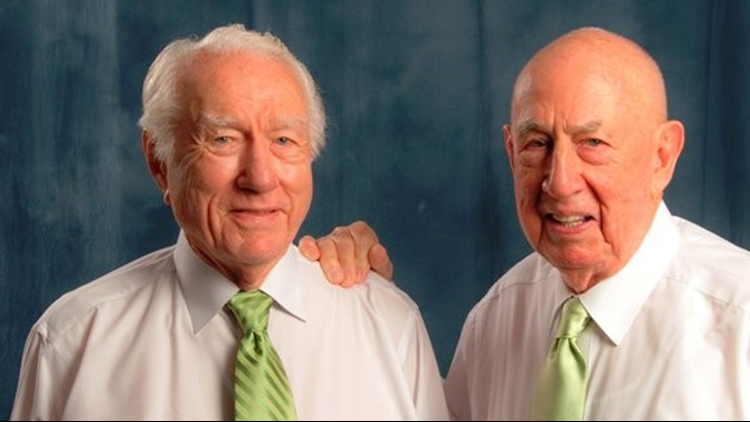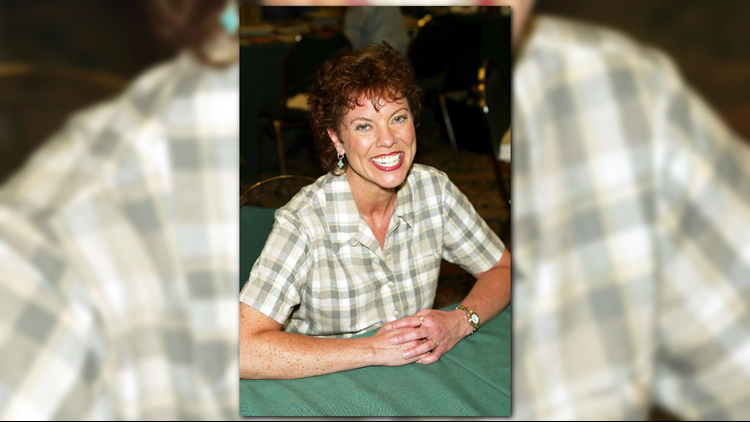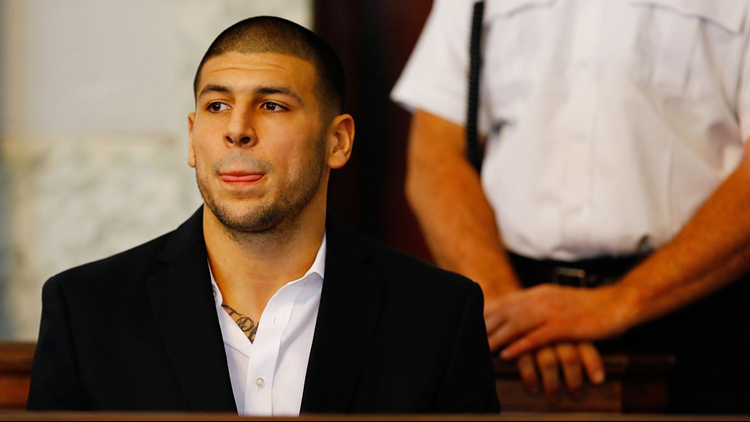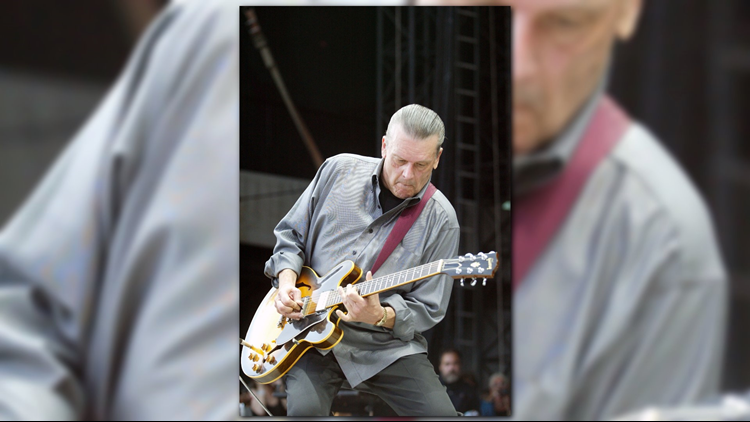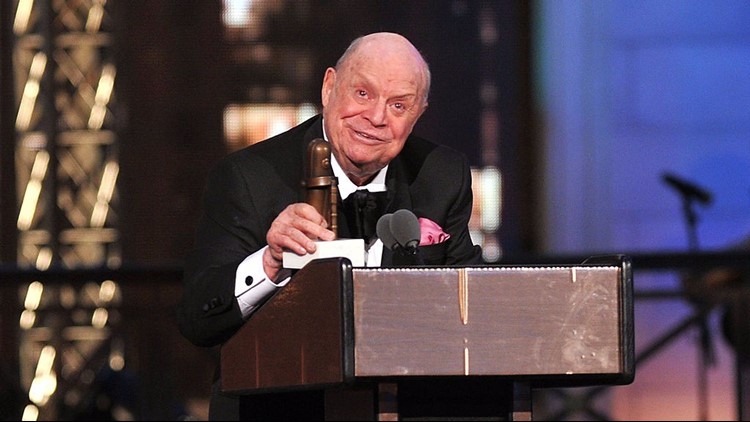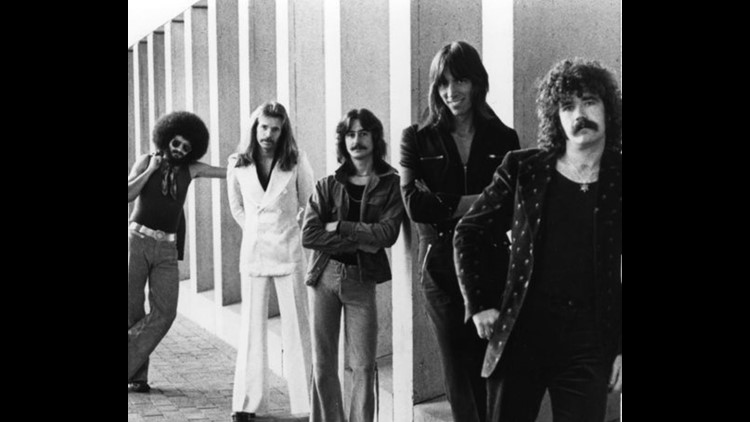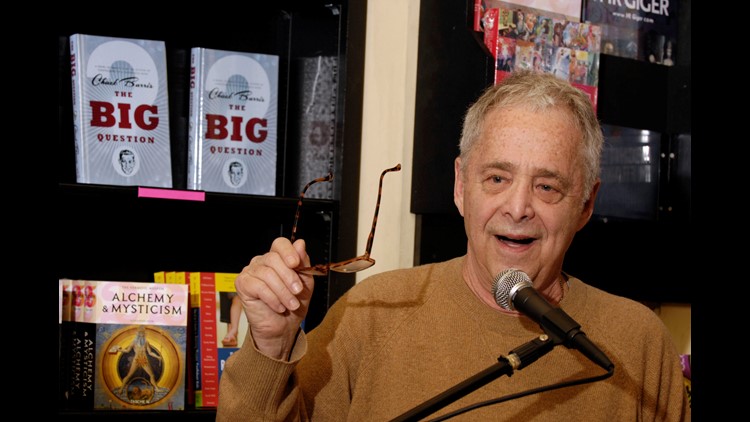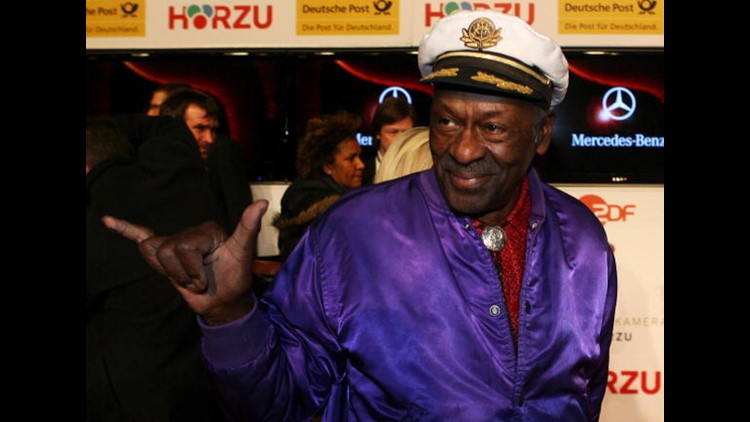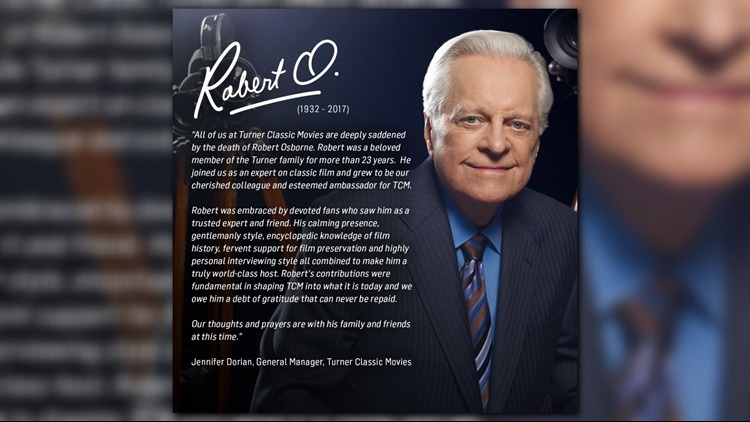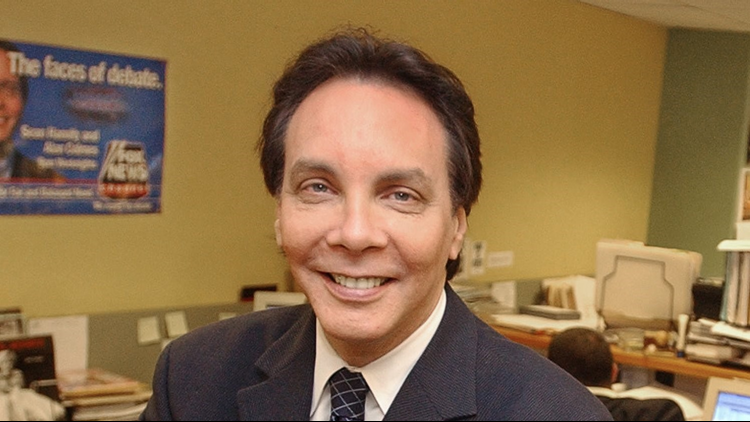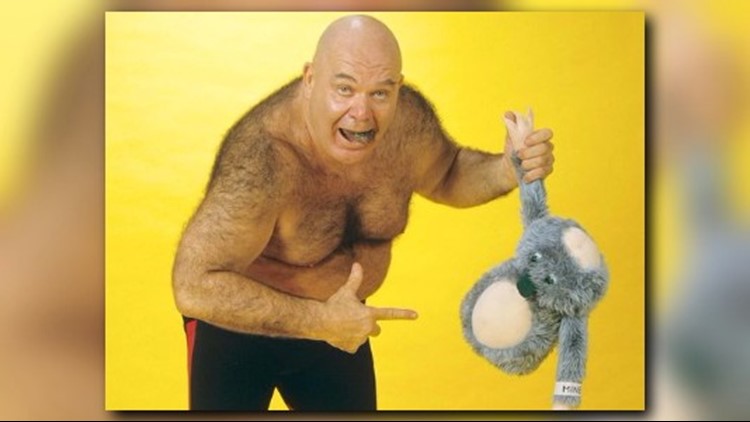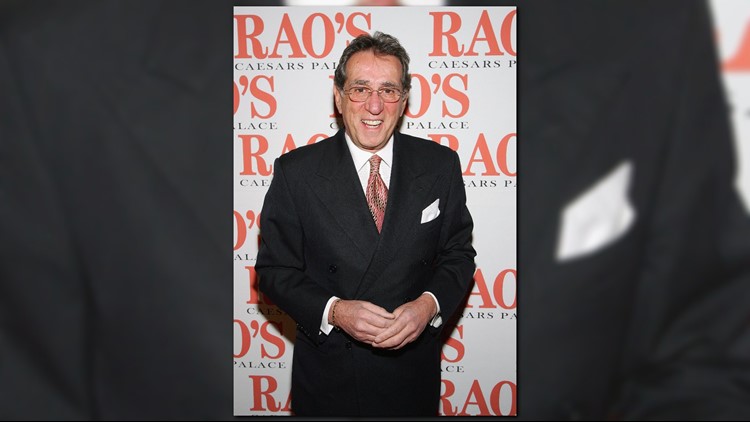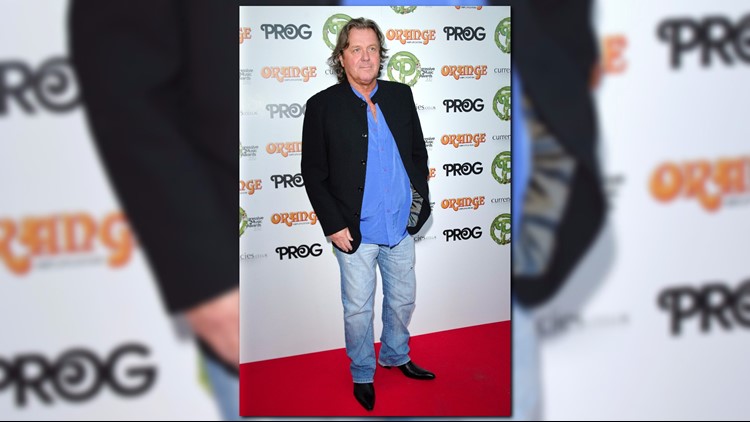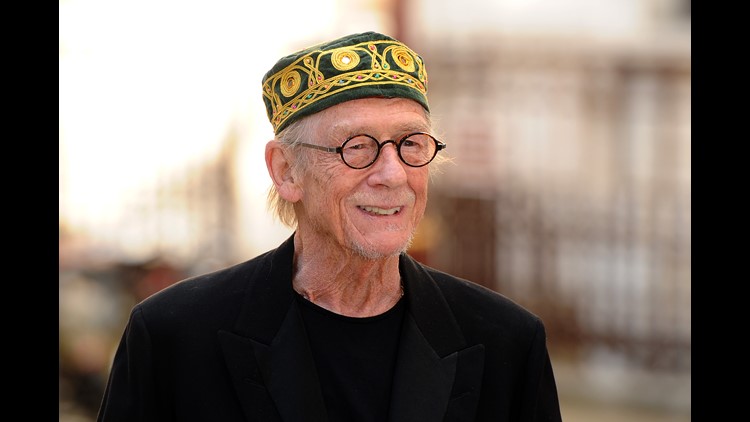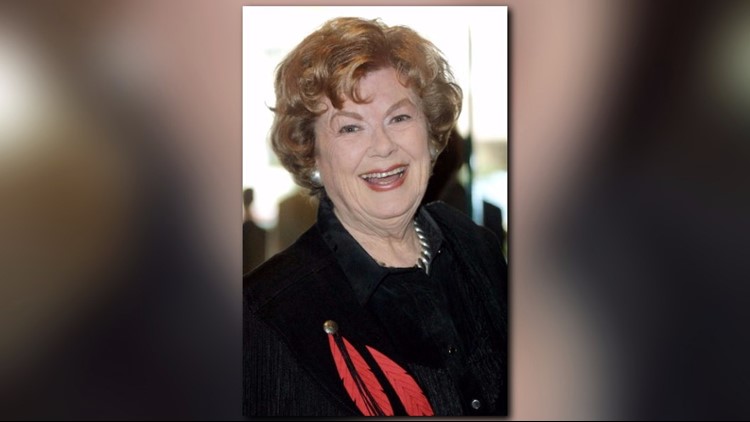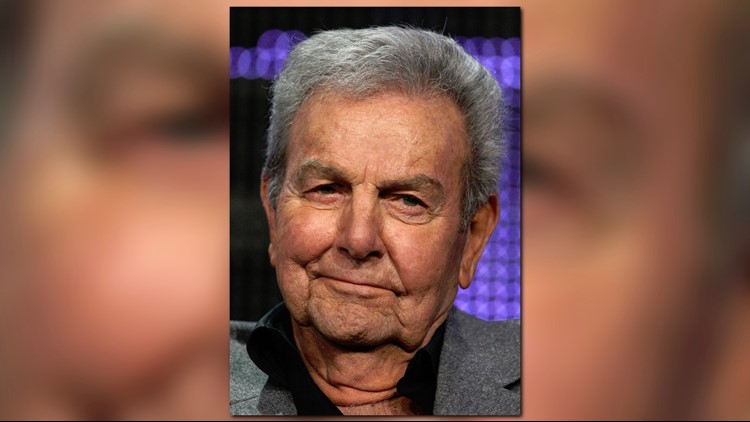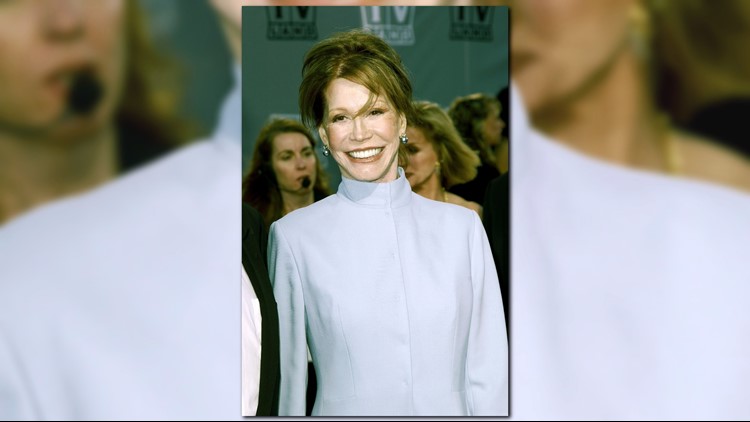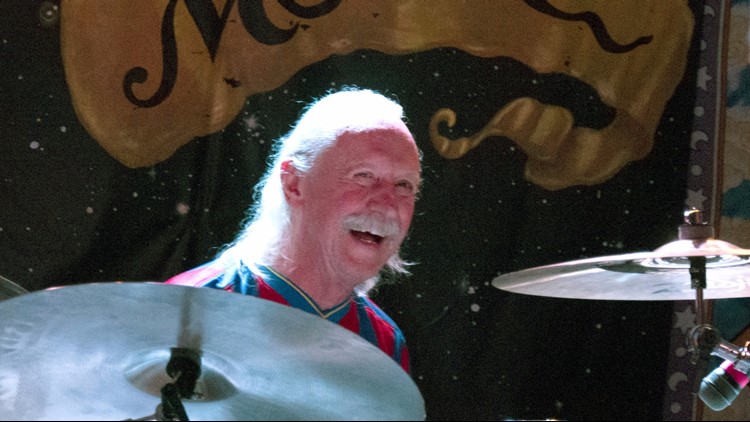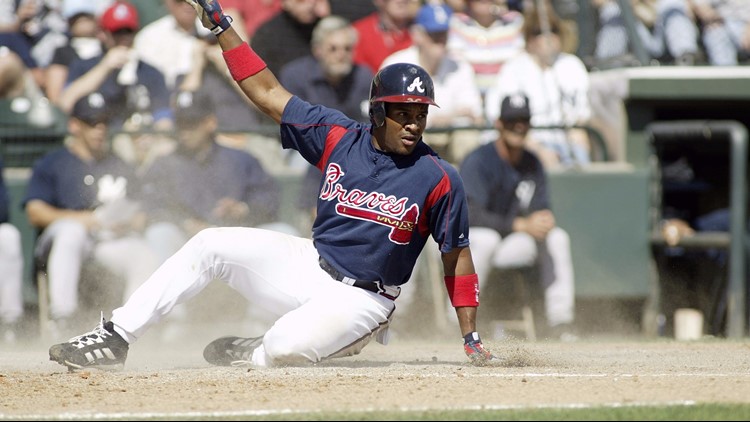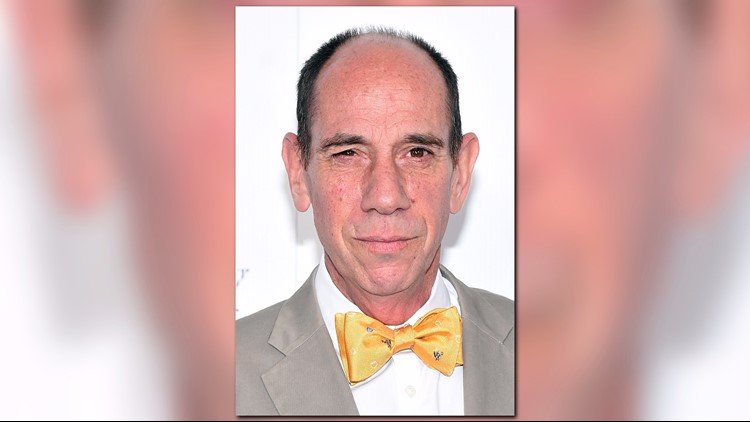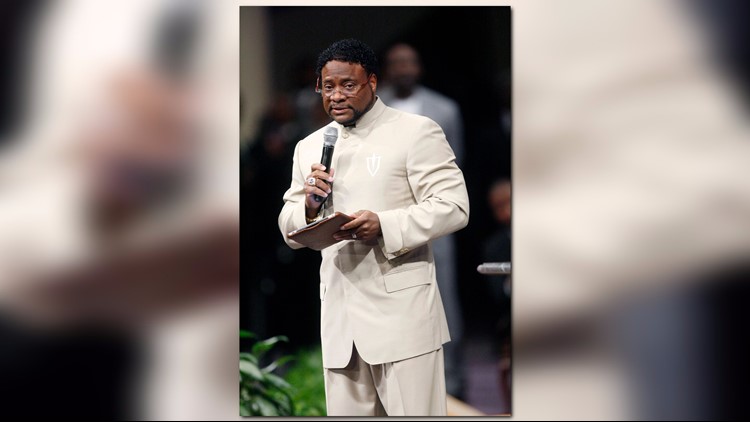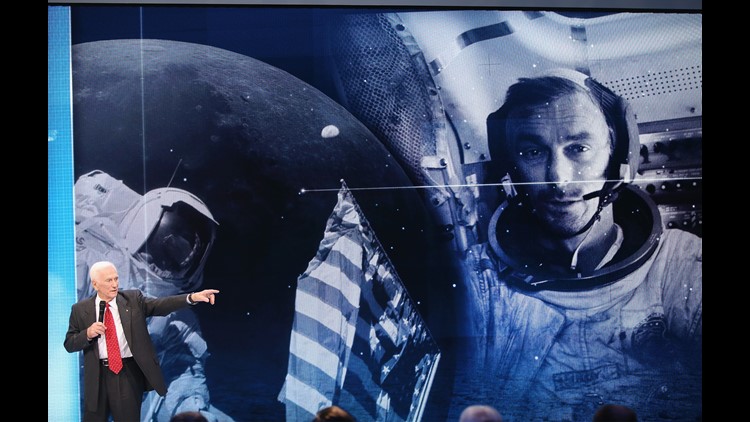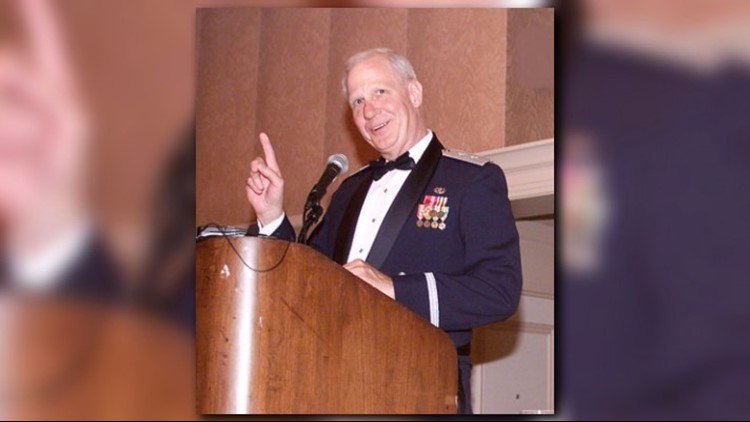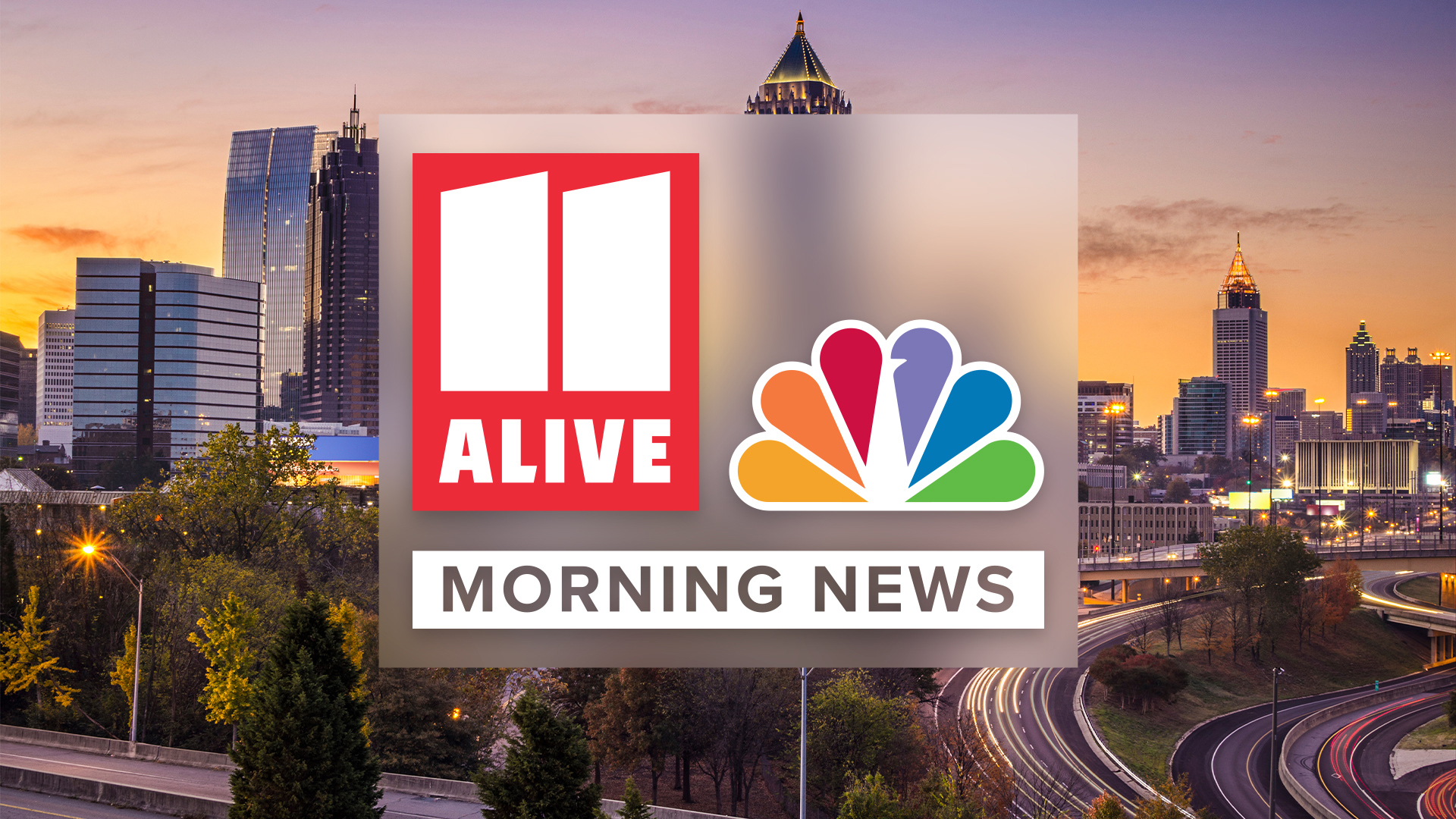As rock superstars fade from the glare of fame into the shrouds of nostalgia, a few find ways to keep connecting. It’s not easy: Talent is critical but more important is honesty. This is especially true when the end of one’s path comes into view, when that road no longer stretches past the horizon but stops somewhere short of there.
When Gregg Allman recorded Southern Blood (***½ out of 4), he could see what lay ahead. Knowing that this was his farewell statement, he crafted it meticulously all the way up to the end of his journey, as producer Don Was indicated in the album’s liner notes: “He spent his final night listening to the latest mixes and closed his eyes knowing that his vision had been realized.”
More: Gregg Allman dies at 69
As young men in the late ‘60s, Gregg and his brother Duane piloted the Allman Brothers directly into the spotlight with an unprecedented sound built on a foundation of blues, rock ‘n’ roll and a bit of jazz. With two virtuoso guitarists, it sparked the Southern rock movement, whose harmonized guitar lines became the genre’s calling card. But Gregg’s vocals -- sometimes anguished, always thrilling -- were the band’s single indispensable element.
One of Southern Blood’s miracles is that Allman’s voice delivers in peak form. If this were the debut of a new singer on the rise, critics would laud his control of nuance, his expressiveness and ability to get inside a lyric. They’d also note the more immeasurable qualities of raw soul and genuine passion.
In fact, no new artist could have cut Southern Blood. They live in the present but lean toward the future. The road they’re on seems endless. The trials and fears are too far ahead for them to see. Allman knew these signposts well. They had become familiar presences, neither distracting nor intimidating, when he began choosing the songs he wanted to sing as his farewell.
His selections are musically varied: the low-down Willie Dixon blues tune I Love The Life I Live, the vintage soul-flavored Out Of Left Field, the New Orleans spell that haunts Blind Bats and Swamp Rats. Yet they unify as a three-dimensional commentary on what it means to take leave of the world. Tempos are slow, almost grave, as he radiates loneliness and doubt on Tim Buckley’s Once I Was. He strolls along The Grateful Dead’s Black Muddy River, to where “there’s nothing left to do but count the years” and “stones fall from my eyes instead of tears.” Love itself grows toxic, maybe hastening toward an early reckoning on Love Like Kerosene written and played fiercely by the guitarist on this session, Scott Sharrard. He seems to be calling out to his late brother Duane on Jackson Browne’s Song For Adam, with Browne singing backup. Allman’s interpretation of Bob Dylan’s Going Going Gone is almost too painful to weather: “I’m closing the book on pages and texts. I don’t really care what happens next. I’m going, I’m going, I’m gone.”
It’s Allman’s composition My Only True Friend that stands as this album’s greatest monument. Over a majestically slow tempo, with twin guitars reminding us of where Southern rock came from, caressed by the velvety muscle of his Hammond organ, Allman says, “On and on I roam. It feels like home is just around the bend. I’ve got so much left to give but I’m running out of time. … I can’t bear to think this might be the end. But you and I both know the road is my only true friend.”
Only here does Allman falter. No, his friends are many. None can ever forget what he gave to them and, with Southern Blood, he gives even now.


